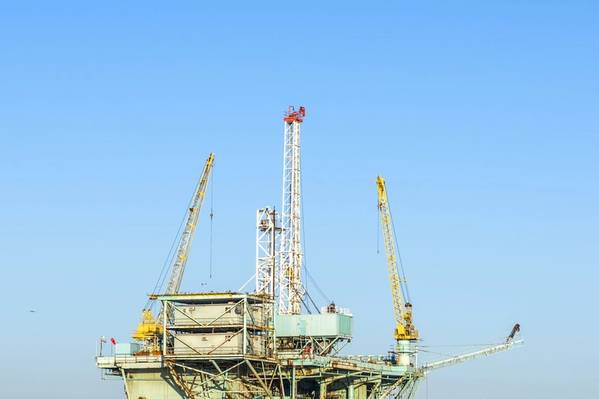
Exxon Mobil Corp on Friday reported a quarterly profit that topped analysts' estimate on higher prices received for its oil and natural gas but its production volumes fell on a year-over-year basis.
The company's third-quarter net income rose 57 percent to $6.24 billion, or $1.46 a share, compared with $3.97 billion, or 93 cents per share a year ago. Analysts had forecast a $1.23 a share profit, according to data from I/B/E/S on Refinitiv.
With crude up 44 percent in the quarter over a year-earlier, results at Exxon and other major oil companies are returning to levels not seen in four years. Royal Dutch Shell posted income of $5.6 billion on Thursday and BP Plc this week reported profit of $3.8 billion.
Exxon's shares rose more than 1 percent to $81.61 in morning trading but are down more than 4 percent year-to-date on lower oil and gas production. Including the latest period, its oil and gas output has dropped in nine of the last 10 quarters.
"It's a modestly positive report," said Brian Youngberg, an equity analyst at Edward Jones. "They had such a weak first half of the year, the bar was lower and they jumped over it."
Results benefited in part from a $360-million tax benefit that added about 7 cents a share to earnings, said Youngberg.
Oil production fell 3 percent to 3.8 million barrels of oil equivalent and natural gas output dropped 4 percent, the company said.
Its liquids output in the Permian Basin of West Texas and New Mexico rose 57 percent over a year ago as the company brought on 66 wells in the nation's largest oilfield, Senior Vice President Jack Williams said during a conference call.
Earnings from the company's downstream unit, which refines crude oil into gasoline and other products, rose 72 percent to $1.64 billion, benefiting from fewer maintenance disruptions during the quarter and from growing supplies of discounted shale oil from West Texas and crude from Western Canada.
Exxon officials said the company continues to prioritize investing cash into new production projects and to shareholder dividends rather than share buybacks. Investors have been pushing the company to resume repurchases which were halted in 2016 except to offset the dilution the stock issues to employees.
(Reporting by Gary McWilliams Editing by Nick Zieminski)